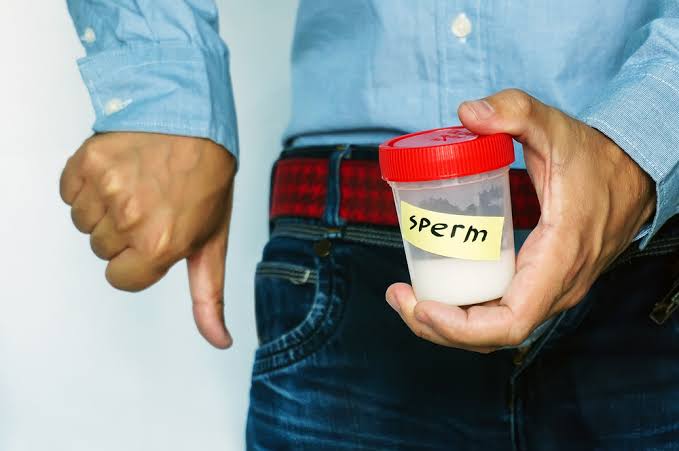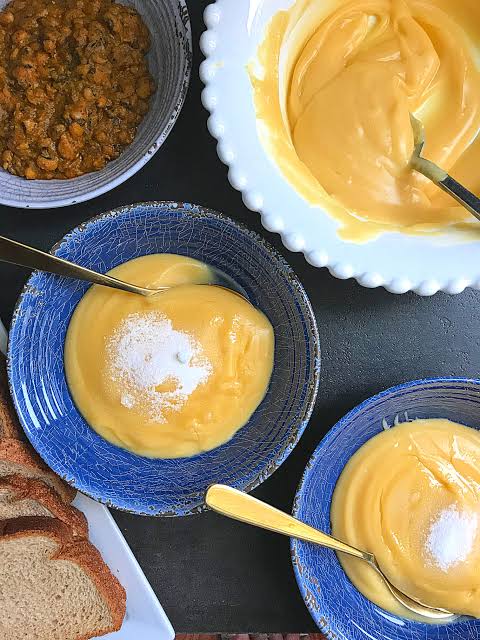The side effects and amazing health benefits of EWE EYIN OLOBE – Phyllantus Amarus
COMMON NAMES
Common names for Phyllantus Amarus include Chanca Piedra in Spanish, Bhumyamalaki in Ayurveda, Quebra Pedra in Portuguese, Eyin Olobe in Yoruba language, Enyikwonwa and Ngwu in Igbo langy, Oyomokeso Amanke Edem in Efik and Geeron-Tsuntsaayee (bird’s millet) or Mache Dagooyo in Hausa language.
DESCRIPTION
Phyllantus Amarus is a common household herb. It grows 50 to 70 centimeters tall and bears ascending herbaceous branches. The bark is smooth and light green. It bears numerous pale green flowers which are often flushed with red. The fruits are tiny, smooth capsules containing seeds.

Health benefits of ewe eyin olobe
Ewe eyin olobe is a plant long used in herbal medicine.
From time immemorial, ewe eyin olobe are said to help with a number of health conditions, including:
👉Bladder infections called cystitis
👉Flu and colds
👉Diabetes
👉Kidney disorders…eyin olobe is commonly called stone breaker because it is believed to help remove kidney stones.
👉Useful in the treatment of stomach ulcers
👉Treats urinary tract infections (UTI)
👉In addition, plants of the Phyllanthus genus are said to relieve pain, improve liver health, and boost immune system.
👉Phyllanthus Amarus extracts benefits the liver and protects it. Research studies in rats says its protein fractions protected liver tissues against oxidative stress by improving antioxidative defense in mice.
• The extracts of ewe olobe demonstrate lipid-lowering activities in cholesterol fed hyperlipemic rats.
👉lowers blood pressure.
• Phyllantus Amarus slows the growth of hepatitis B virus found in the blood stream.
• The herb is said to have antifungal and antiviral properties.
👉 Eyin olobe lowers blood sugar… Good for diabetics.
👉 Aqueous extract of ewe eyin olobe is reported to have inhibitory effect on human immunodeficiency virus (HIV)…research still ongoing.
• It is a remedy fatty liver and liver damage It promotes liver health.
• Ewe olobe detoxify the liver
• It is diuretic and hence is used in urinary tract infections and bacterial infections like cystitis and prostatitis.
👉Fresh juice from the plant is very effective in the treatment of menorrhagia, leucorrhea and gonorrhea.
• Leaves are a popular remedy against malaria fever and typhoid fever.
• Infusion of young shoots is given in dysentery and piles
• Ewe olobe (phyllantus amarus) contains a good value of potassium which promotes heart health
How to prepare ewe eyin olobe:
An aqueous decoction (herb boiled gently in water) must be made. To prepare this herbal mixture locallyl, take one or two small plants, cut them up, bash them to lightly bruise it and open it up, throw all these into a pot, add 2 litres of water and boil down gently to 1 litre, cool, strain and then pour into a container and store in the fridge.
Pour out a third of a glass of this decoction twice a day and drink. To spice it up, you can add a little orange juice or dilute it with a little more water to suppress the bitterness.
Side effects of Ewe Eyin Olobe
There’s some concern that use of ewe eyin open be may increase the effects of certain medications (such as drugs used in the treatment of diabetes and high blood pressure). Therefore, it’s important to consult a medical doctor prior to taking extracts from this plant. Patients with liver or kidney diseases must also talk to their health care provider before using this drug.





















We thank Allah our Creator for giving us this type of leave